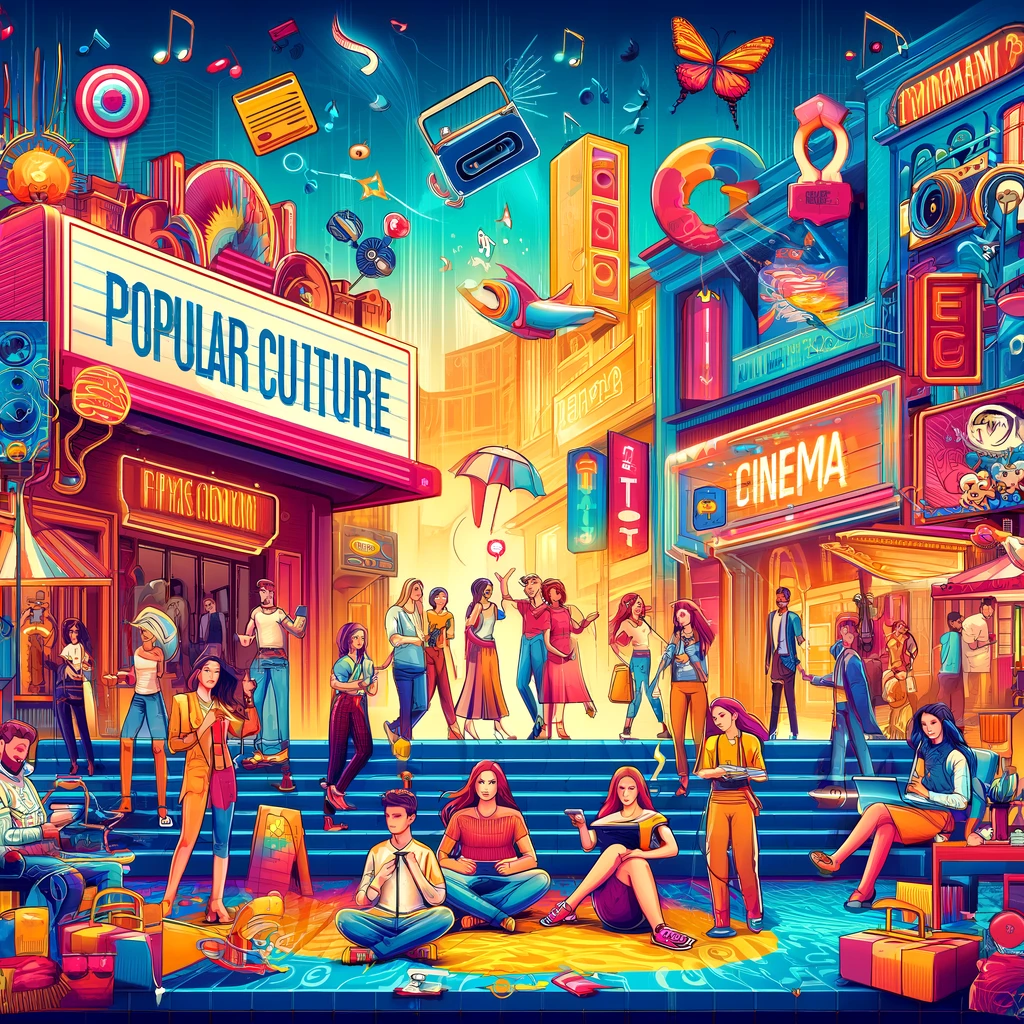Bragging Rights
Explore the latest trends, tips, and stories that make you stand out.
Fiction vs. Reality: Pop Culture's Biggest Lies
Uncover the shocking lies of pop culture! Dive into how fiction distorts reality and reveals the surprising truths we never noticed.
The Myths Behind Hollywood: What Movies Get Wrong About Real Life
Hollywood has a long history of embellishing reality, often sacrificing authenticity for the sake of entertainment. One prevalent myth is the portrayal of scientists as lone geniuses making groundbreaking discoveries without the collaboration that is essential in real life. Unlike in movies where a single character triumphs against all odds, real scientific progress is generally the result of teamwork and years of research, filled with failures and setbacks. This oversimplification not only distorts the public's understanding of science but also undermines the contributions of countless professionals working behind the scenes.
Another significant misconception is the glamourization of crime-solving depicted in films and television shows. Viewers often see detectives solving cases within a matter of hours, aided by seemingly magical technology that can identify culprits in seconds. In reality, investigative work is painstaking and time-consuming, involving extensive reviews of evidence and numerous interviews. These dramatizations not only create unrealistic expectations of law enforcement but can also lead to a misunderstanding of the criminal justice system's complexities.

Unpacking the Fiction: How Pop Culture Distorts Our Perception of Reality
In today's digital age, pop culture permeates our everyday lives, shaping our beliefs and perceptions with a kaleidoscope of narratives, characters, and events. From blockbuster films to viral social media trends, pop culture often presents a depicted version of reality that is far removed from the truth. Through its exaggerated portrayals of life, love, and conflict, it creates a fictional lens through which we interpret the complexities of real-world experiences. This dissonance can lead to misunderstandings and miscommunications, where individuals begin to equate fiction with reality, thereby distorting their worldview.
Furthermore, the influence of pop culture can catalyze societal expectations and norms that do not align with actual human experiences. For instance, the portrayal of relationships in romantic comedies often sets unrealistic standards for love and companionship, making it difficult for individuals to find contentment in their own lives. Unpacking the fiction that surrounds us is essential for developing a more nuanced understanding of our reality. By critically engaging with these popular narratives, we can equip ourselves to differentiate between the embellished stories we consume and the genuine human experiences that define our existence.
Are We Living in a Fantasy? Debunking Pop Culture’s Biggest Misconceptions
In today's media landscape, the line between reality and fantasy is often blurred, leading many to question, are we living in a fantasy? Pop culture is rife with misconceptions that shape our perceptions of reality, from the glorification of superheroes to the idealization of romantic relationships. For instance, movies portray heroes as individuals with extraordinary abilities, often neglecting the hard work, sacrifice, and personal flaws that accompany such journeys. This creates unrealistic expectations and a skewed understanding of what constitutes heroism in our everyday lives.
Moreover, the impact of social media on our self-image cannot be overstated. With the advent of filters and curated lifestyles on platforms like Instagram, individuals are flooded with images that represent distorted realities. Debunking these misconceptions is essential for fostering a healthy relationship with ourselves and the world around us. Instead of striving for a life that mirrors a fantasy, we should embrace the beautiful complexity of reality, learning to appreciate both our strengths and our vulnerabilities as integral to the human experience.